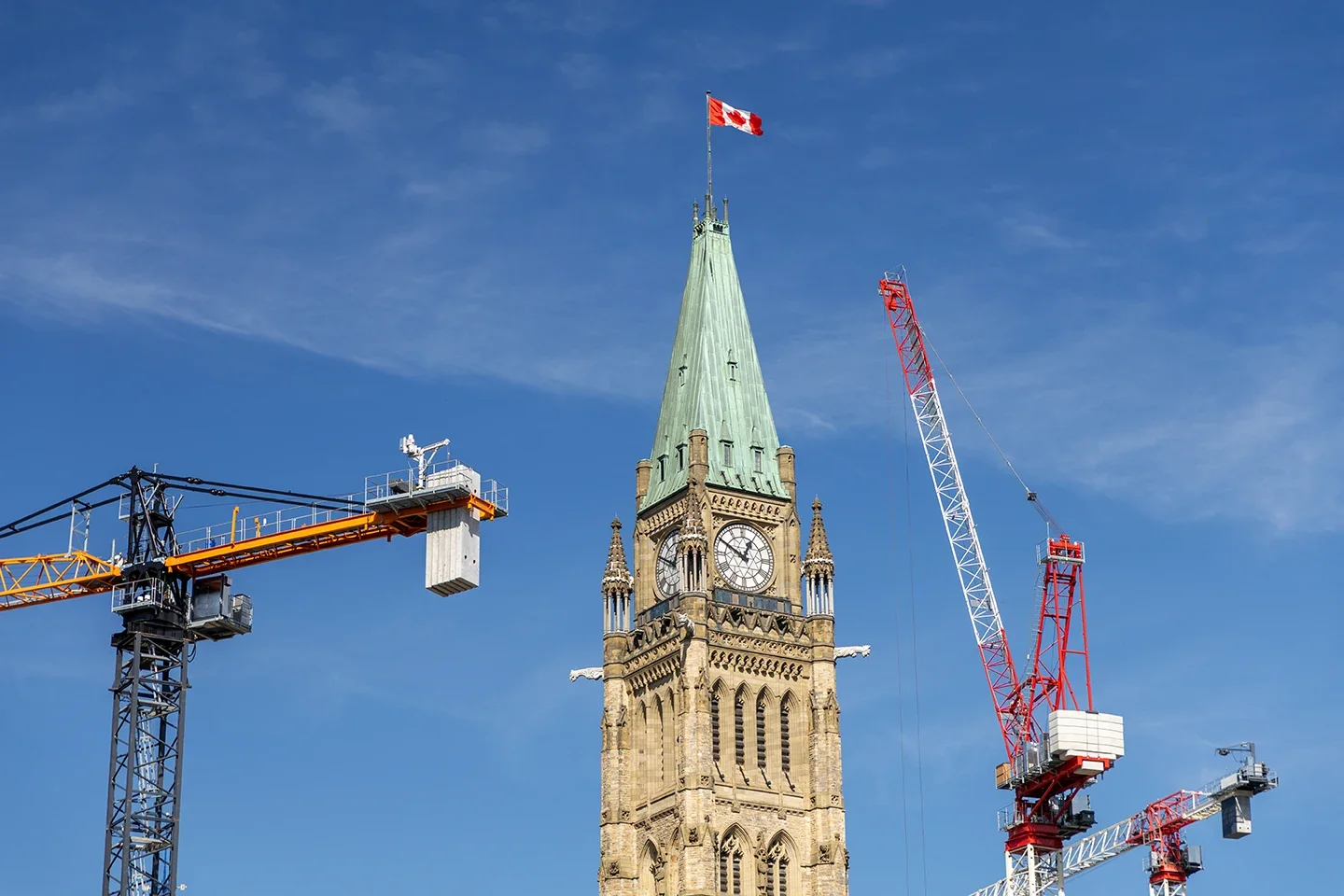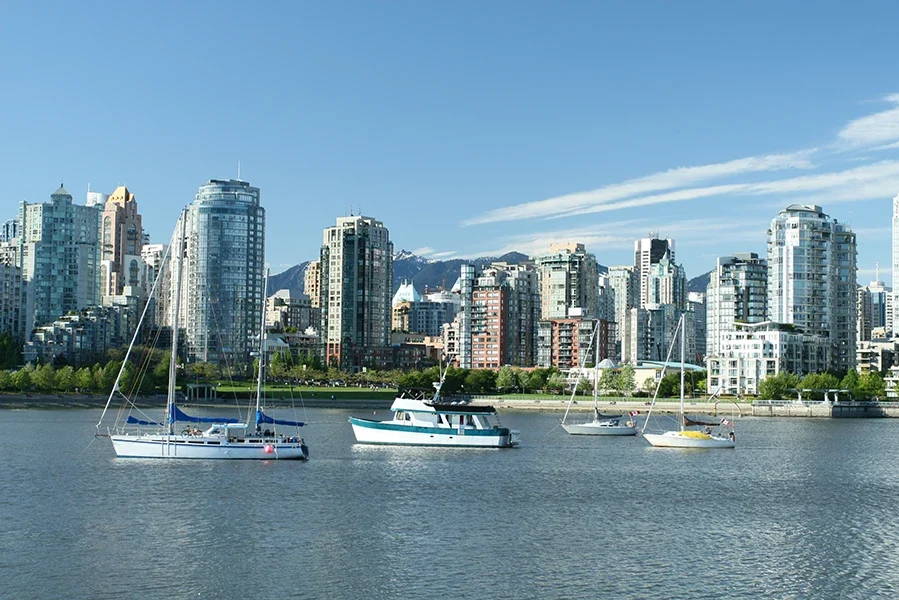Aboriginal Title and B.C. Property Ownership: What the Cowichan Ruling Means for You
Legal Update: Land Title and Indigenous Rights
In August 2025, the British Columbia Supreme Court released a landmark decision recognizing Aboriginal title for the Cowichan Tribes over parts of Lulu Island in Richmond, B.C.
The ruling has sparked national attention because it challenges how land ownership is understood under the provincial title system — raising questions for property owners, buyers, and lenders across the province.
Here's what you need to know.
The Case in Brief
The court found that the Cowichan Tribes hold Aboriginal title to sections of land and riverbed in the Richmond area — land that had previously been treated as Crown-granted or municipally owned.
Because Aboriginal title is protected under the Canadian Constitution, it takes precedence over provincial "fee simple" ownership where proven.
In this case, some Crown and federal titles were found to be invalid, creating uncertainty around how the provincial land-title system interacts with Indigenous rights.
The province has since appealed the decision, and the outcome will likely shape future land-title policy across British Columbia.
Understanding the Difference: Provincial Title vs. Aboriginal Title
Fee Simple (Provincial Title)
Registered through the Land Title and Survey Authority of B.C. (LTSA)
Generally considered "indefeasible," meaning legally secure once registered
The form of ownership that applies to most private properties in the province
Aboriginal Title
A constitutional right under Section 35 of the Constitution Act, 1982, established through historic occupation and use
Exists independently of provincial registration
When proven in court, it supersedes Crown grants and fee simple ownership
The Cowichan decision reinforces that provincial title registration does not override Aboriginal title, meaning land long thought secure under the LTSA may, in rare cases, be subject to competing claims.
Why This Matters
While this case applies to a specific area in Richmond, it sets a precedent for how similar claims could be interpreted elsewhere in B.C.
Title certainty: The ruling suggests that registered land titles may not be completely immune to challenge if Aboriginal title is proven.
Financing: Some lenders have already paused or reassessed lending on affected parcels until more clarity emerges.
Market perception: Investors and developers are watching closely as the appeal proceeds, especially in regions with active land claims.
Future negotiations: Governments may move toward more formalized frameworks with First Nations to prevent uncertainty and strengthen reconciliation efforts.
What Homeowners, Buyers, and Investors Should Do
If you currently own property:
Confirm whether your property lies in or near the area of the Cowichan claim
Stay informed about the appeal process and potential policy updates
Understand that, at this stage, the vast majority of residential titles remain unaffected
If you're buying or refinancing:
Ask your legal professional or notary to check whether a property is subject to any Indigenous land-title claim or litigation
Review your title insurance coverage — some policies may exclude Aboriginal title disputes
Expect lenders and underwriters to apply additional diligence in specific regions
For developers or business owners:
Conduct enhanced due diligence before acquiring or developing land, especially in coastal or riverfront areas
Engage early with experienced legal counsel and Indigenous relations specialists for clarity on potential risks or required consultations
A Balanced Perspective
This decision does not invalidate B.C.'s land-title system, but it does highlight that the system has limits where Aboriginal title is recognized.
The majority of property owners will see no immediate change. However, the case underlines the importance of understanding the distinction between provincial title security and constitutional title rights — and how both can coexist within Canada's legal framework.
Final Thoughts
For most property owners, this ruling is not cause for alarm, but it is an important reminder that the conversation about land ownership and reconciliation in Canada is evolving.
As the appeal progresses, clarity will come — but in the meantime, awareness and good advice are key.
If you have questions about how this might relate to your property or a purchase you're considering, I'm happy to connect you with trusted real-estate lawyers and title experts who can provide accurate, up-to-date guidance.
Warmly,
Catherine Melville
Cultivate + Evolve Financial Inc.
Helping Canadians turn homeownership into a strategy for growth and peace of mind.



Canada's growth has softened, unemployment sits at 6.8%, and global uncertainty is creating economic drag — but inflation remains near target. If you're renewing or buying in 2026, the advantage isn't prediction. It's preparation.